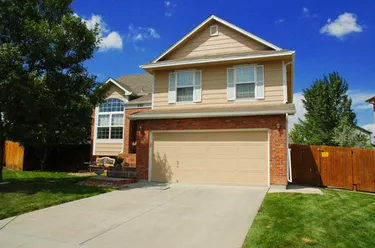
The Section 8 housing program guarantees that landlords will receive at least a portion of the rent each month and that the tenant has been partially screened by the local housing authority. However, like any renter, a Section 8 tenant can cause problems for the landlord. If your Section 8 tenant violates the lease, you have remedies under the law.
How Section 8 Works
Video of the Day
Any landlord can enroll in the Section 8 program providing his property meets federal and state health and safety standards. The tenant's Section 8 voucher covers a portion of the rent, and the tenant pays the remainder. While the local housing authority screens tenants for eligibility, it's the landlord's responsibility to screen a tenant for suitability for his property. You sign a separate lease with the tenant.
Video of the Day
Tenant Issues
You may encounter problems with your Section 8 tenant. For example, the tenant may not pay his portion of the rent on time or may pay only a portion of the rent without notice. The tenant's guests may stay longer than permitted by the lease or throw loud parties that disturb other tenants or neighbors. The tenant may also cause damage beyond normal wear and tear.
Your Rights as a Landlord
The landlord has a legal right to enforce his lease agreement with the tenant. If the tenant violates the lease, you can take steps to correct the violation or evict the tenant. For example, if the tenant does not pay his monthly rent on the due date, you may place a notice on the door notifying the tenant to pay the rent within a certain time or face eviction. You can evict a tenant for repeated violations of the lease agreement, for not paying the rent or for causing serious damage to the property. However, you must follow the laws for evictions in your state.
Assistance from the Housing Authority
Any time you give a tenant a written warning or notice of past due rent, send a copy of the document to the local housing authority. The housing authority may remove the tenant from the program.